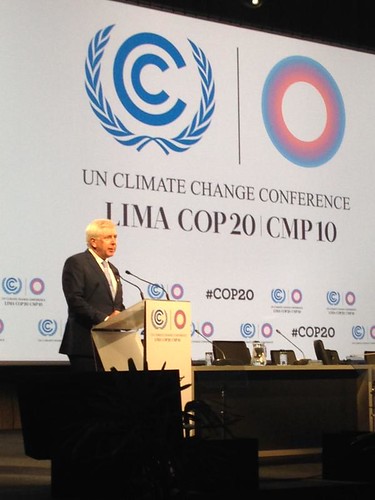The urge for green debt relief has arisen more frequently, as the economies of countries globally are struggling to deal with continual debt and the effects of climate disasters.
Many countries struggle with debt and that itself creates issues for their economies. According to Somini Sengupta, prior to the Coronavirus pandemic “low- and middle-income countries alone owed $8.1 trillion to foreign lenders in 2019.” In addition to their debt, in recent years as climate change has worsened, disasters have profoundly dismantled the economy of less wealthy countries in particular.
Belize, Fiji and Mozambique are a few of many countries to be greatly impacted by climate change, and as a result, the lives of the citizens themselves have been and continue to be impacted. As written by The New York Times, “They owe staggering amounts of money to various foreign lenders. They face staggering climate risks, too. And now, with the coronavirus pandemic pummeling their economies, there is a growing recognition that their debt obligations stand in the way of meeting the immediate needs of their people.”
Belize, for example, has experienced firsthand the effects of climate change on their economy on a drastic scale. Belize has foreign debt that has been increasing over the years while undergoing originally minute climate change aspects. For a tourism-reliant country like Belize, the pandemic struck them hard economically. According to the New York Times, “Then, after two hurricanes, Eta and Iota, hit neighboring Guatemala, floods swept away farms and roads downstream in Belize. Today, the debt that Belize owes its foreign creditors is equal to 85 percent of its entire national economy.”
To increase constraints, S&P has downgraded the status of Belize’s creditworthiness to SD. According to the Credit Risk Monitor, “An obligor rated ‘SD’ (Selective Default) or ‘D’ has failed to pay one or more of its financial obligations (rated or unrated) when it came due.” With this new label, comes a title of unreliability for wealthy lenders to consider. This ultimately creates added difficulty for a country like Belize to get a loan from a lender.
Mozambique is yet another country majorly struggling with debt even before climate change effects. Mozambique had admitted to its economic struggles in 2016 stating that from lending, they were $1.2 billion in debt. In early 2019, Mozambique experienced the devastating Idai cyclone, which killed many citizens, destroyed farms, and disturbed transport (leading to less growth in their population). Leaving extreme physical damages as well, the cyclones cost Mozambique $870 million for repair alone, which wealthy lenders paid to repair. In the same year, Mozambique was $14.78 billion in debt, a drastic increase just 3 years later.
As this pressing issue grows there is also concern about the vulnerability these countries will face without the budget for protective resources against climate disasters. This will create a domino effect of increased spending, further drowning countries like Mozambique in debt. In an attempt to balance the effects of increased spending without spiraling into more debt there will likely be a decrease in income.
In all different forms of propositions, prominent lenders seem to be a popular solution to debt relief. The World Bank, the International Monetary Fund, and wealthy countries, are just some of the lenders being discussed. According to the New York Times, “One widely circulated proposal calls on the Group of 20 (the world’s 20 biggest economies, to require lenders to offer relief in exchange for a commitment to use some of the newfound fiscal space for a green and inclusive recovery.”
In response to the Group of 20 proposal, Ella Yadegar ’24 comments, “I think it is very important that governments provide as many resources to combat global warming as possible. This proposal is definitely a step in the right direction.”
In addition to economic relief, a key factor in proposing a long-term solution to this issue is addressing both economies and climate change prevention. Although there is no detailed solution as of now, President Biden has expressed a plan that would involve the Paris Agreement, a legally binding international treaty on climate change.
According to the New York Times, “The Biden administration, in an executive order on climate change, said it would use its voice in international financial institutions, like the World Bank, to align debt relief with the goals of the Paris climate agreement.”
Through the pandemic, there has been increased debt and slow-paced movement in sustainable development which has allowed for global vulnerability to arguably the greatest threat facing our planet: climate change. The attempt to slow the effects of climate change takes not only increased spending but cooperation globally. A step towards global collaboration will take place at The United Nations climate change meeting in November of 2021 where debt relief and spending will be the main topics of debate.











